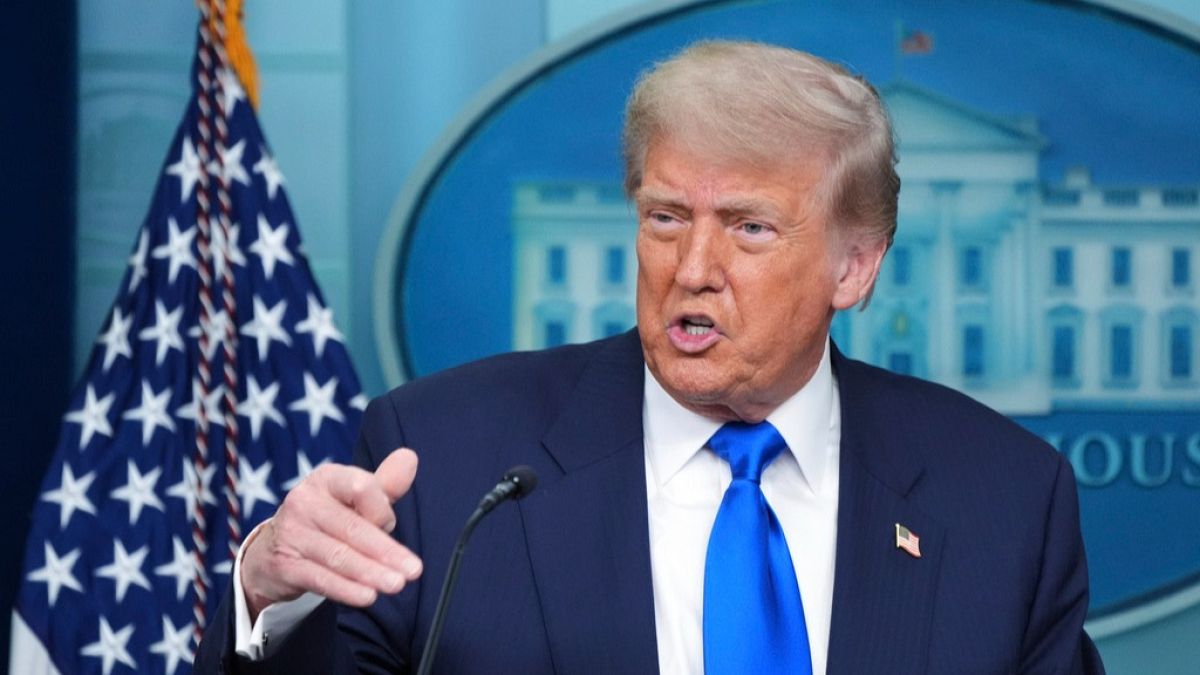

In an ever-evolving global landscape, recent political moves and cultural expressions highlight the complexities and resilience within geopolitical and socio-cultural spheres. These developments provide a tapestry of narratives that interweave policy, influence, and the enduring spirit of humanity.
In the realm of international policy, significant changes are underway with the United States’ approach to Syria. An executive order, recently signed by former President Donald Trump, has raised critical discussions regarding the lifting of specific sanctions on Syria. This decision represents a pivotal shift, aimed at alleviating the economic hardships facing the Syrian populace. However, it is important to note that sanctions against former President Bashar al-Assad and his close associates remain firmly in place due to allegations of war crimes and human rights violations. This nuanced approach reflects a careful balance between easing the civilian economic burden and upholding accountability for grave injustices.
As the international community navigates these intricacies, attention also shifts toward digital battlegrounds. Russian President Vladimir Putin’s influence, traditionally asserted through military might, is manifesting increasingly in the cyber domain. Beyond the physical borders of Ukraine, a new frontier has emerged online, where democratic sovereignty is at stake. The digital sphere is now a critical space for geopolitical maneuvering, highlighting the need for robust cyber defenses and the protection of democratic processes. This dimension of conflict—where lines between aggression and strategy blur—calls for vigilance and collaboration among nations to secure digital infrastructures and uphold democratic values.
Amidst political maneuvering and digital challenges, cultural resilience shines brightly in Ukraine. In the city of Ivano-Frankivsk, the Ukrainian Shakespeare Festival stands as a testament to the enduring power of art even in the face of adversity. This year’s festival took a poignant turn, with its opening moments diverging from traditional theatrical performances. Instead of enacting the timeless tragedies penned by the Bard, the festival began with a rally to highlight the plight of Ukrainian prisoners of war held captive by Russia. This fusion of art and activism underscores the potent role of cultural events in reflecting and responding to the current socio-political climate.
Shakespeare’s works, renowned for their exploration of existential themes and human experiences, provide a fitting backdrop for contemporary Ukrainian performers and audiences alike. The festival serves as a sanctuary where the complexities of war and its reverberations on individual and collective identities can be explored. As actors take to the stage, the universal narratives of Shakespeare resonate deeply with audiences who find parallels in their own struggles and hopes amidst ongoing conflict.
These developments—political adjustments, digital engagements, and cultural reflections—not only illustrate the diverse challenges facing the world today but also highlight the resilience and creativity inherent in human societies. Each story, whether it unfolds in a policy room, a cyber battlefield, or a vibrant theater, contributes to the broader dialogue on how humanity navigates turmoil and seeks paths toward peace and understanding.
As new chapters in global politics and cultural expression are written, the underlying message remains clear: in the face of adversity, the spirit of cooperation, creativity, and compassion guides us toward shared solutions and renewed hope. This evolving narrative invites thoughtful reflection on our collective journey and inspires continued efforts to bridge divides and foster a harmonious global community.
Source: {link}
